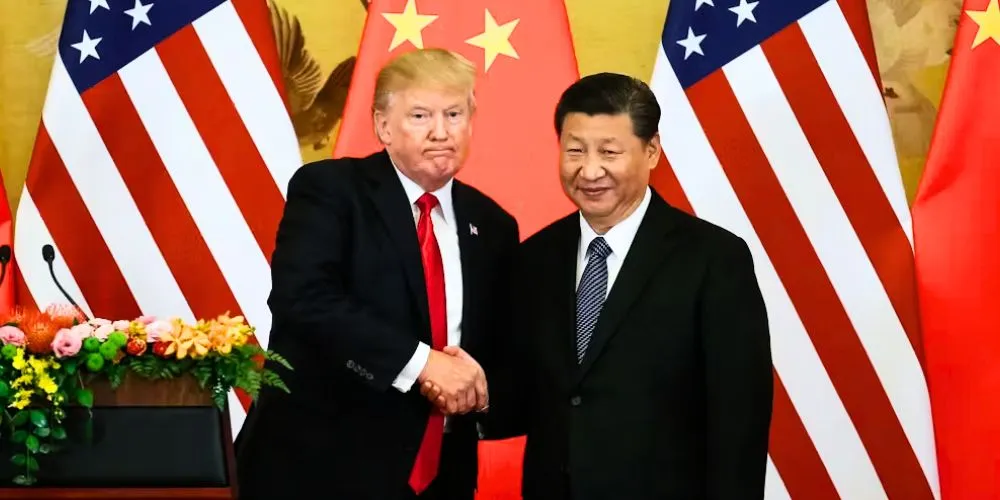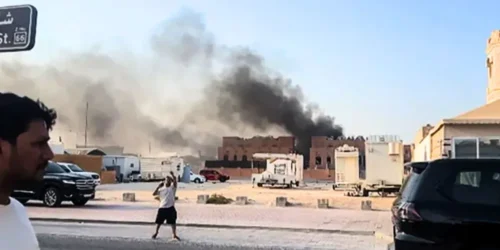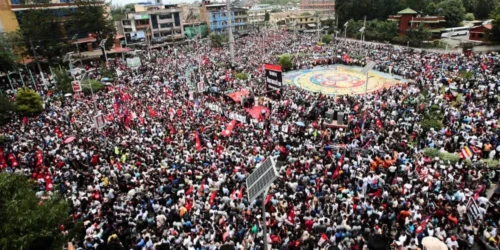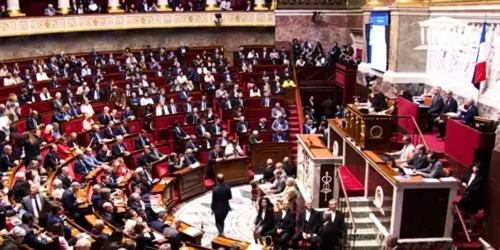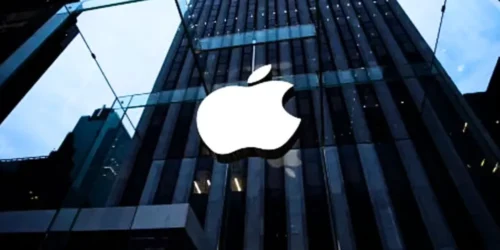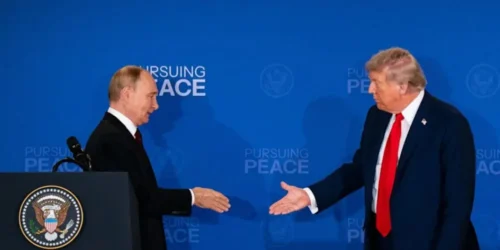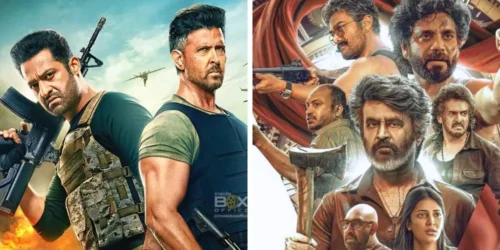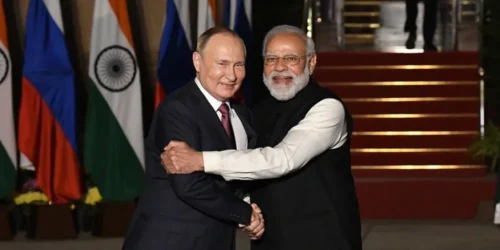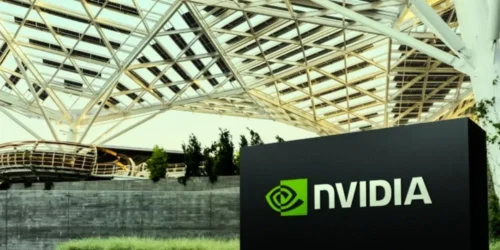In a world filled with blaring headlines about war and conflict, we often overlook the most powerful tool for preventing it: diplomatic relations. This isn’t just about formal handshakes and state dinners. Diplomacy is the complex, patient, and intensely human art of communication between nations. It is the invisible architecture that supports global stability, and when it cracks, the entire structure is at risk.
More Than Just Polite Conversation
At its core, diplomacy is the engine of national interest. Ambassadors and their staff don’t just host parties; they are their country’s eyes and ears on the ground. They work to understand the political currents of their host nation, build relationships with influential figures, and communicate their own government’s red lines and objectives. This constant flow of information and dialogue serves as the first line of defense, de-escalating tensions and finding common ground before misunderstandings spiral into crises.
When the Talking Stops
The health of diplomatic relations is a powerful barometer of world affairs. One of the most alarming signals two countries can send is the breakdown of these ties. Recalling an ambassador or closing an embassy is not a mere symbolic gesture; it is a conscious decision to sever the primary line of communication. It’s like two neighbors deciding to brick up the windows that face each other. This silence creates a vacuum that suspicion, propaganda, and hostility quickly fill, making conflict far more likely to occur.
The Power of the Backchannel
Not all diplomacy happens in front of cameras. Some of the most significant breakthroughs in history occurred through secret, informal communication known as backchannels. These unofficial talks, conducted away from public pressure and political posturing, enable leaders to explore sensitive compromises and foster personal trust. From resolving the Cuban Missile Crisis to paving the way for historic peace accords, these quiet conversations prove that sometimes the most important work happens when no one is watching.
Building Bridges, Not Just Walls
While managing conflict is a crucial part of diplomacy, its constructive role is just as vital. Diplomatic relations are the conduits for everything that makes our interconnected world function. They allow nations to forge trade agreements that create jobs, collaborate on scientific research to cure diseases and establish cultural exchanges that foster mutual understanding. Every international climate accord, trade deal, or joint space mission begins with the slow, deliberate work of diplomats building trust, one conversation at a time. In our turbulent and divided age, this work of connection is more essential than ever.

